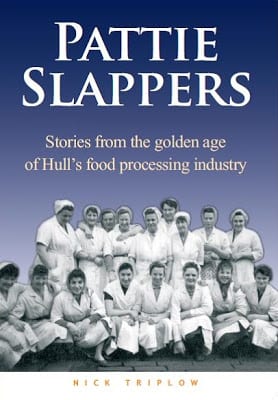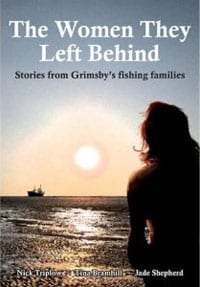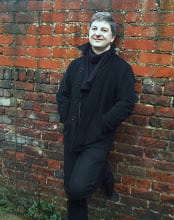Alphabet Dances is mostly about poetry but all creative writing is important to me. I love written words and Coursera have a new MOOC – The Fiction of Relationships – led by Arnold Weinstein – which is all about narrative fiction.
My work focuses on online learning. This includes open educational resources and courses. I like to MOOC. It’s a form of professional development and this MOOC ticks all the boxes. I get the the mechanics of MOOCing as well as the books and discussions. The chances of completing the assessments and gaining credit are low but it’s the participation which counts so I think I will at least begin. The Fiction of Relationships starts 3rd June for 12 weeks and registration is here https://www.coursera.org/course/relationship where the course overview is also available. The downside is not all the texts are online, which seems a little incongruous, although you can dip in and out of a MOOC to suit your own interests – so there’s nothing to stop you focusing on those books which are already on Project Gutenberg Free educational opportunities are one of the finest consequences of the world wide web. Go sign up for a MOOC today– you won’t regret it!




